Perhaps the most difficult time of year for plants has come. Sun is very small, central heating works in the apartments. I want to place your favorite pets optimally so that they do not just survive the winter, but also did not lose their puff and beauty.
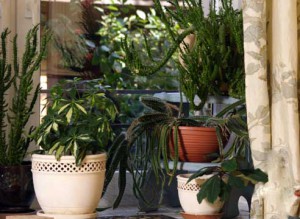 To approach this issue, the fundamental law described in the XIX century by the German scientist Ustas Libik is helpful. This law is called differently: the principle of libech, the "libid barrel", he is an environmental minimum and consists of the following: "The crop is determined by the fact that the environment that is missing most of all."
To approach this issue, the fundamental law described in the XIX century by the German scientist Ustas Libik is helpful. This law is called differently: the principle of libech, the "libid barrel", he is an environmental minimum and consists of the following: "The crop is determined by the fact that the environment that is missing most of all."
If we consider the principle of libege in relation to our plants in winter, it is clear that the decisive factor will be illumination.
Without the required amount of light, even the strongest and magnificent copies will have an oppressed look in a month. And neither an increase in irrigation, nor freaks not only improve their life, rather will harm.
Lighting options set. If your pets are under lamps only in winter, and the rest of the time you get enough natural light, spending on expensive Flora or Reflax lamps does not make sense. The most common luminescent tubes are suitable.
The question where to place the plants, and how to establish light is also important. Do not "wrap up" by windows with pots all over in several rows. We are with you for good well-being sunlight needed no less than plants. In my own experience I know that it is convenient to contain flowers on a metal rack, which you can successfully put in virtually anywhere in the apartment, even in a dark corridor.
The luminescent lamp, reinforced inside the design, lights the plants, placed not only on the rack, but also around it on the floor. The amount of light can be significantly increased by attaching to the wall behind the rack high mirror (or two if you decide to decorate the corner of the room).
Is it possible to do without additional lighting? Quite. If there is an opportunity to reduce the temperatures. My plants in the warm season live on a warmed balcony. In winter, there is also more light than in the apartment, and high air humidity, but the temperature ranges from + 5 to + 18 degrees.
I have long been confident that to leave on the balcony of pay-trays and Gardenation, Croton and the episcation, kten and the temple of Godsefa, it means to destroy them. Together with them every year, ficuses, asparagus, nephrolapp moved to the apartment in the apartment (all of them are considered thermal-loving). Understand and evaluate the actual possibilities of plants.
At home, overhaul was strongly repaired, and the beginning of the winter of the plant was forced to spend on the balcony. Moreover, I did not have the opportunity to open the balcony door and the windows to increase the temperature. Weekly, I watched a balcony thermometer with despair. Sometimes the temperature remained for several days at all +6 degrees. Only at the end of December I had the opportunity to carefully examine the plants and estimate the losses ... But there was no!
Since then, approximately half of my plants live on the balcony all year round, where the combination of such important factors as light and temperature are ideal for them. It remains only in winter to reduce watering.
I think, each flower water, experimenting with plants and observing their condition when exposed to various factors, is able to find them the optimal place for wintering and achieve wonderful results. We just need to explore your pets well.
On a note:
On the receipt of an American visa, it was written infinitely a lot. Turning to the US Embassy of the United States, no one can be sure in a positive result. And this even despite the fact that America is trying to maximize the rules for the design of the visa and submitting documents.
Often Russians who arrived in the States, on affairs, for treatment or by other issues face a problem: the need to extend a visa in the US. On this issue, you can contact the visa center. This company is engaged in all necessary preparation and design of visas in the United States. Turning to this center, you can also arrange non-ammigrative types of visas: guest, tourist, educational and business visa.
Further on the topic:
The cultivation of freesia hybrid
Cash care
How to grow a chipper palm tree, banana, citrus, avocado, pineapple, coffee church at home
Caring for orchids

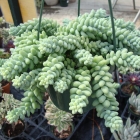
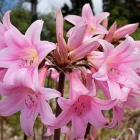
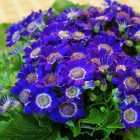
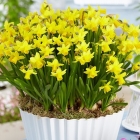
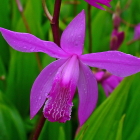
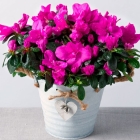
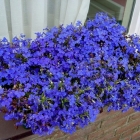
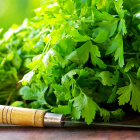
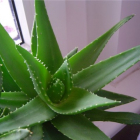
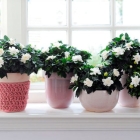
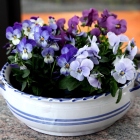
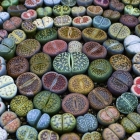
 Start a discussion ...
Start a discussion ...